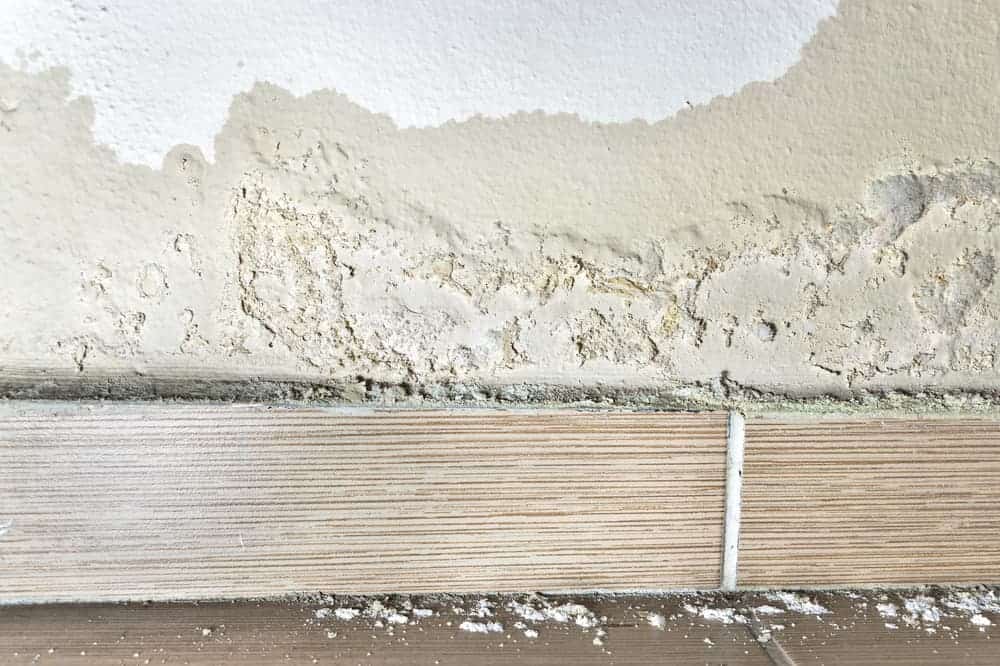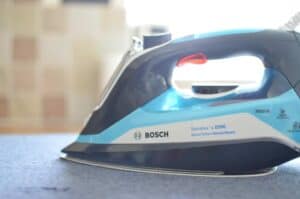Whether you’ve just moved into a new home or you’ve spent the last decade in the same property, everyone is at risk of damp becoming a problem in their house. Damp is an irritating dilemma because it can be caused by multiple different issues. However, the good news is that it’s easy to recognise and damp proofing is a fairly reasonably priced affair, so you should be okay.
To keep you prepared for when you come across your own damp problem, here is a quick list of causes, combined with the home improvements that will fix them.

Leaks and Guttering
Arguably the simplest cause of damp in the home, leaks and broken guttering can lead to water being directed into your walls instead of away. This results in greatly increased damp problems but can be fixed with some simple home improvements. Simply locate the cause of the leak by following the path of the damp, then get up a ladder or get a new part and make a quick fix. This should prevent more water from reaching the wall, giving it time to dry up.
Condensation
Condensation is a very common issue that occurs regularly in all sorts of different households. Condensation itself is caused by evaporated water, called water vapour, coming into contact with a cold surface. When the gas meets a surface colder than itself, it rapidly cools into little droplets of water which is what we see and feel.
Condensation usually happens during showers, where the hot water fills the air with warm moisture which cools when it touches the cold walls or mirrors; during cooking, where boiling water evaporates into warm water vapour that cools against the cold walls; and when clothes are hung inside to dry, where the water in the clothes is heated by radiators, causing it to evaporate and comes into contact with cold walls and windows. Each of these scenarios leads to build up of water droplets on cold surfaces. If this gets out of hand, then the plaster on the walls can stay wet for a long period of time, leading to damp problems and black mould build up.
Fortunately, this is one of the easier issues to fix. No need for any damp proofing or home improvements here, usually condensation can be fixed through simple lifestyle changes. Try to leave a window open when showering or stagger the family use of the bathroom to reduce condensation build up. Similarly, extraction fans are your best friend in the kitchen. Just give the hot water vapour an easy route of escape and you’ll see a drastic reduction in mould growth, damp problems and condensation on the walls.

Rising Damp
Rising damp occurs when the water in the ground underneath your home starts to rise through the walls through the tiny pores in the mortar. This is caused by the very nature of the materials we build our homes from but there is a solution!
Most modern homes are built with a feature called a damp proof course. A damp proof course (or DPC) is an impenetrable barrier built into the foundations of your home, preventing the water from rising through the walls. Most damp related problems today are caused by old houses having a damaged DPC which no longer effectively prevents the rise of the water.
In order to address this issue, your house will need a new DPC to be installed. Fortunately, this doesn’t mean pulling your house down, but it will mean the removal of all damp affected plaster inside your house. After the plaster is removed, holes are drilled on the outside of your home approximately 150mm above ground level. These holes are then injected with a chemical damp proof course that spreads throughout the mortar of the wall, creating a new barrier that the rising water cannot pass.
The new DPC must be left to dry though, so you’ll have to leave part of your house without plaster and looking ugly for quite a while, unfortunately! Still, it’s better than risking the health issues that come along with damp.
With this newfound knowledge, you can stay prepared for the damp issues of the future. Just remember that to fix your damp problems in the long term, it’s worth getting a professional to take a look and confirm the best course of action.
Featured Article































No Comments